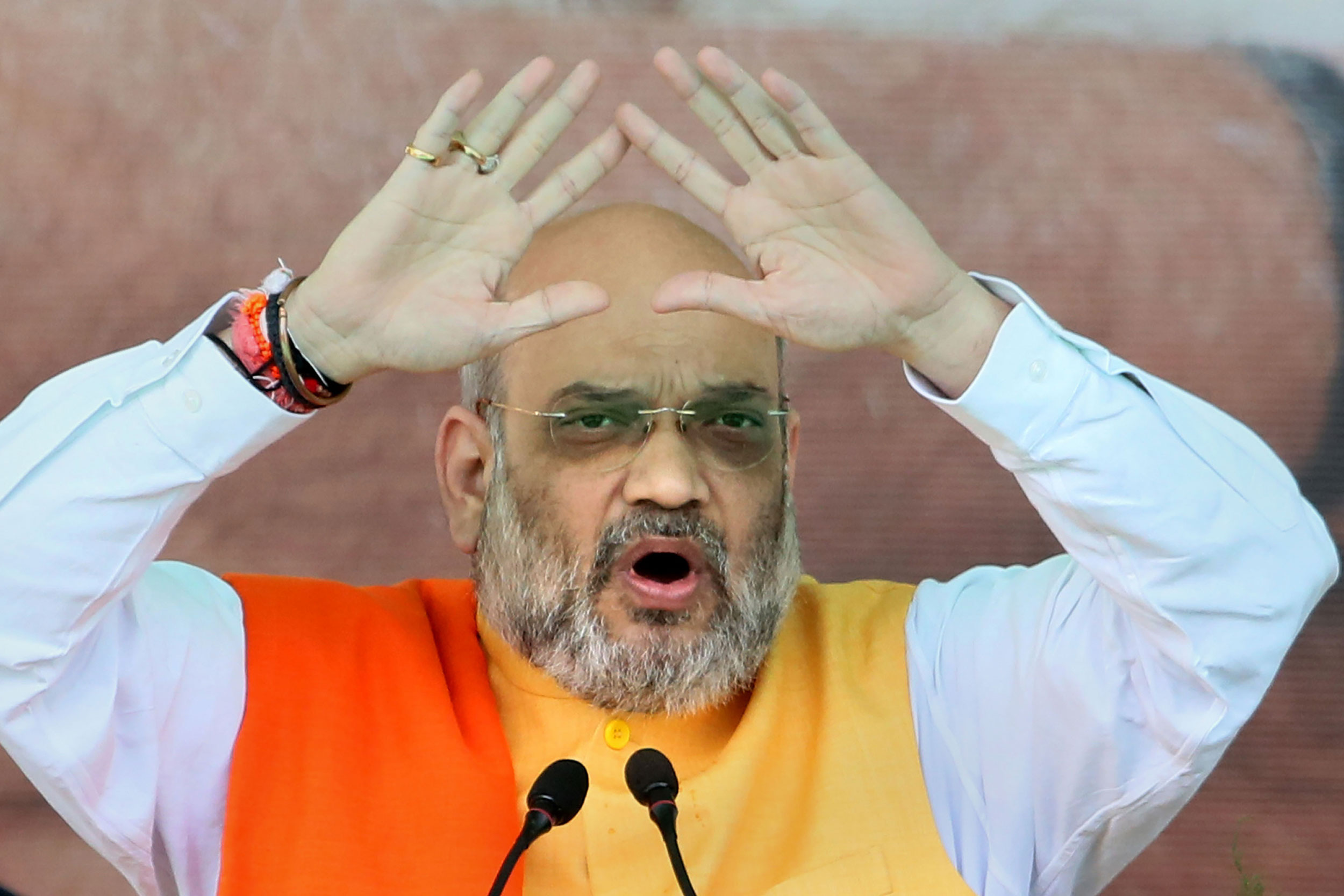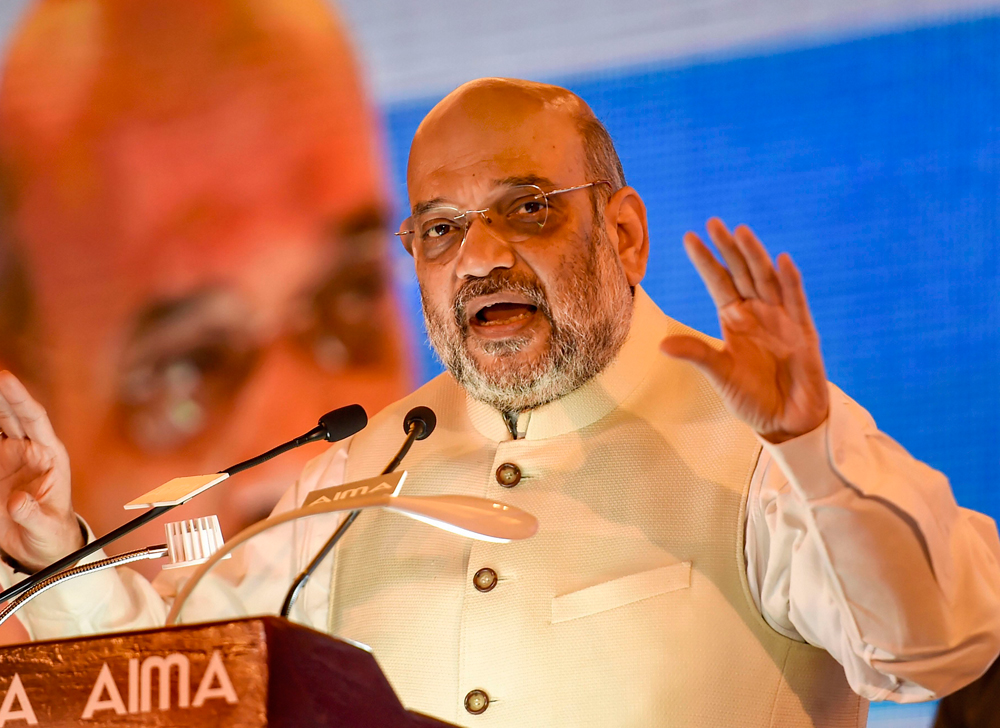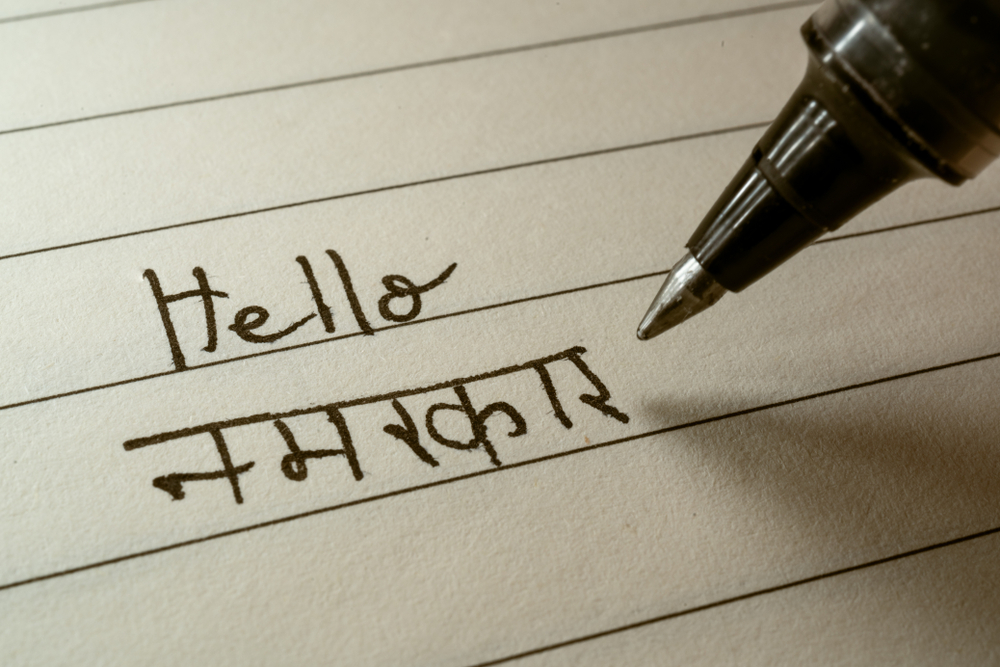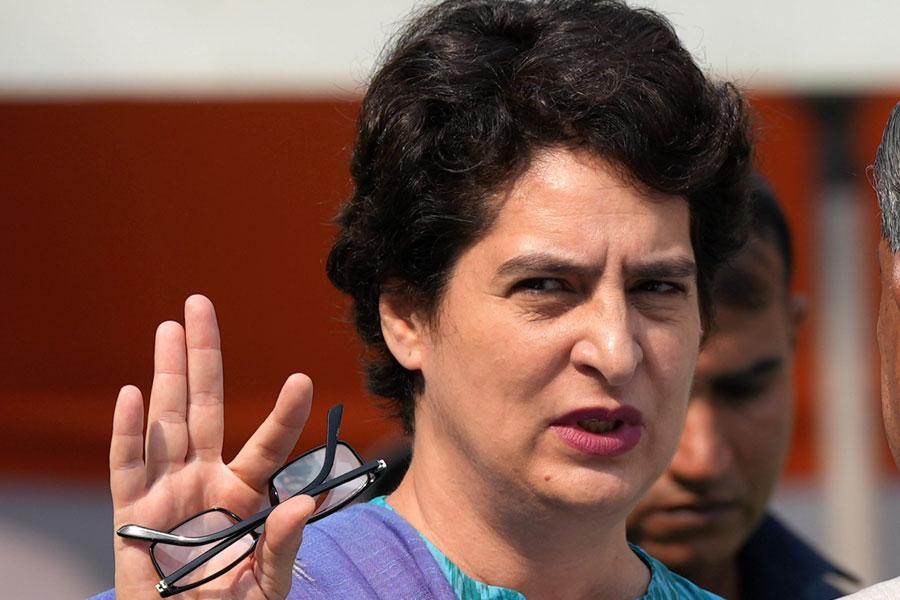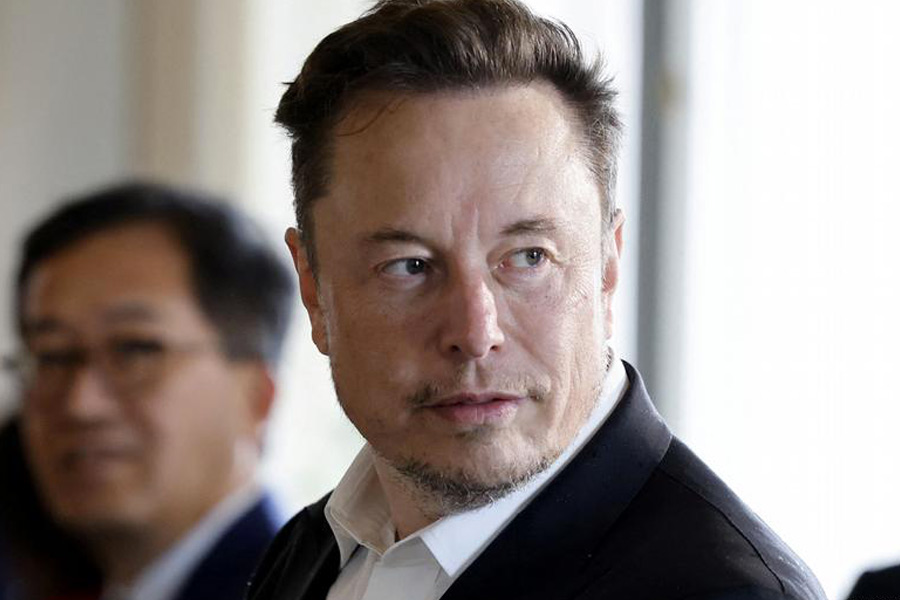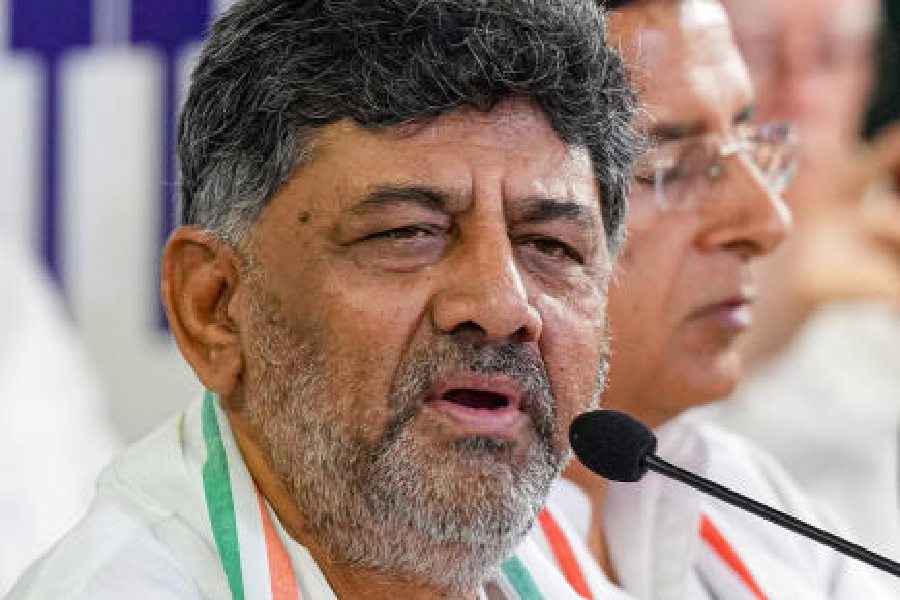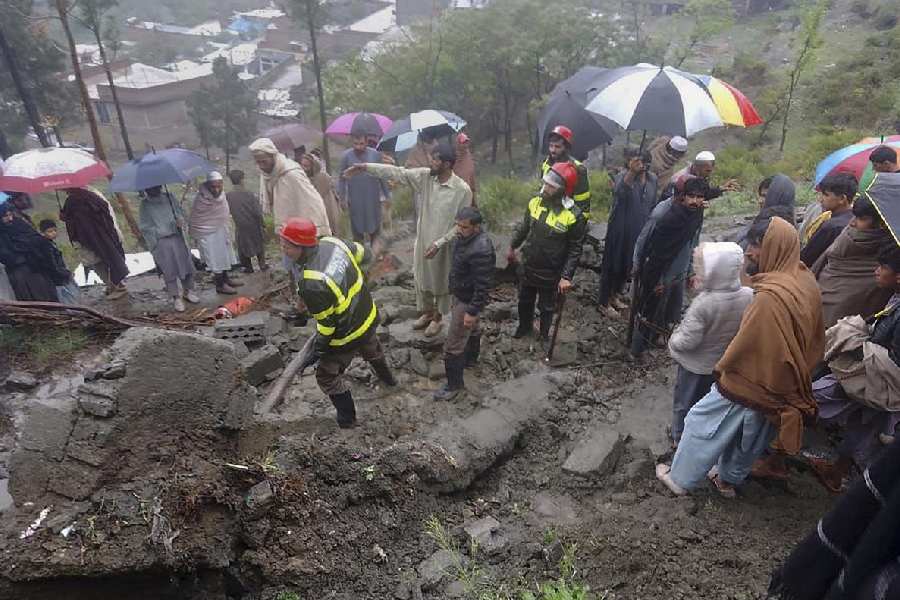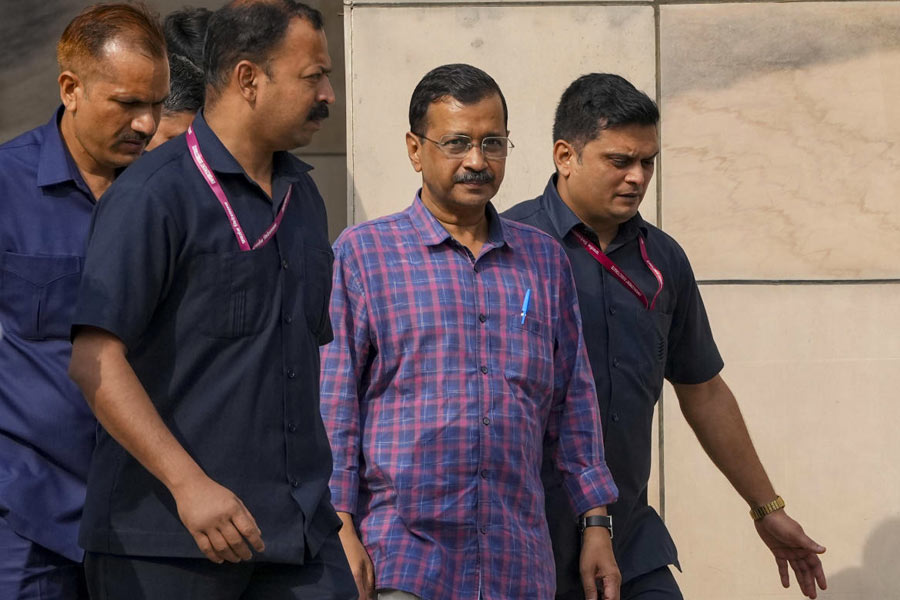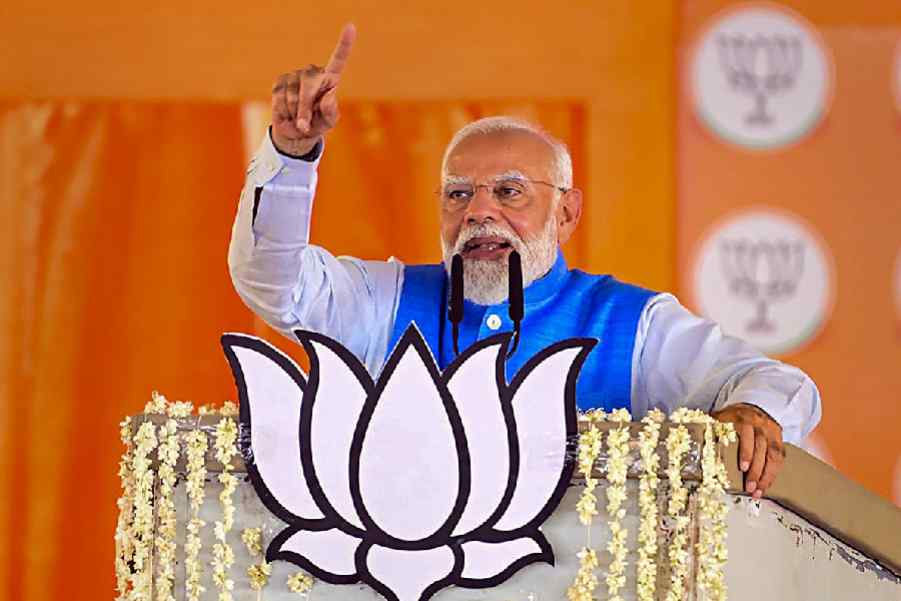Doggedness can be admirable. But persistence can also cut both ways. Having ruffled feathers with his views on Hindi being a unifier in a nation that is known for its richness and diversity in languages, the Union home minister, Amit Shah, has now decided to push the envelope further. Speaking at a convention organized by the apex body of management professionals that was titled — tellingly — ‘New India, Great India’, Mr Shah talked about the flaws of a multiparty political system, the kind that lies at the heart of Indian democracy. He was, somewhat uncharacteristically, gracious towards India’s founding fathers. Mr Shah admitted that these wise men had envisioned a parliamentary system so that the welfare State could effectively give a voice to each and every citizen. But this dream of representativeness, Mr Shah argued, has gone sour, prompting people to ask questions about the efficacy of such a system.
Mr Shah’s belligerence against the kernel of democracy — a Parliament that is accommodating of political parties and ideologies of every kind — may be based on bullish confidence. After all, the Bharatiya Janata Party has trounced its opponents comprehensively in not one, but two successive elections. Mr Shah’s dismissal of the present architecture of Indian democracy could also be traced to ideological imperatives. The notion of one nation, one party, and, presumably, one towering figure is irresistible to the BJP. Another line of thought suggests that Mr Shah’s comment should be read as a strategic intervention that is aimed at deflecting public attention from the economic mess that New India finds itself in. Whatever may be the reason for Mr Shah’s utterance, it is reasonable to argue that his views are consistent with a problematic — faulty — reading of unity. Oneness, in the eyes of Mr Shah and his colleagues, is based on a comprehensive rejection of the principle of pluralism. This uneasiness with the multiplicity of political parties, faiths, languages, opinions, rights and freedoms — the building blocks of the Idea of India — is understandable. Plurality can be a rather formidable obstacle in the path of transforming democracies into polities administered by an enigmatic, authoritarian leadership. Yet, it must also be conceded that the BJP’s radical vision enjoys considerable public support. Its brutal mandate bears evidence of this collective endorsement. Is it then plausible that the greatest threat to democracy can, at times, come from democratic nations themselves?

